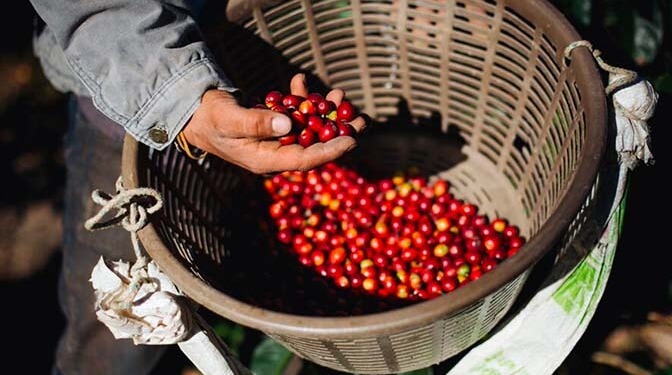A Venti vanilla iced latte with oat milk costs $7.17 at an Upper West Side Starbucks location in New York City. A customer who purchases this latte every day would spend around $50 per week or $200 per month while a personal espresso machine sustains a one-time cost between $150 and $300.
But remember, Starbucks customers aren’t just paying for their handcrafted drink. These paramount prices encompass every aspect of the brand’s image and experience including employee expenses, suitable ingredients, and of course, each product’s disposable packaging.
Afterall, Starbucks sources their coffee beans from more than 30 different countries around the world and works with over 400,000 farmers. Each year, the corporation buys approximately three percent of the world’s coffee supply.
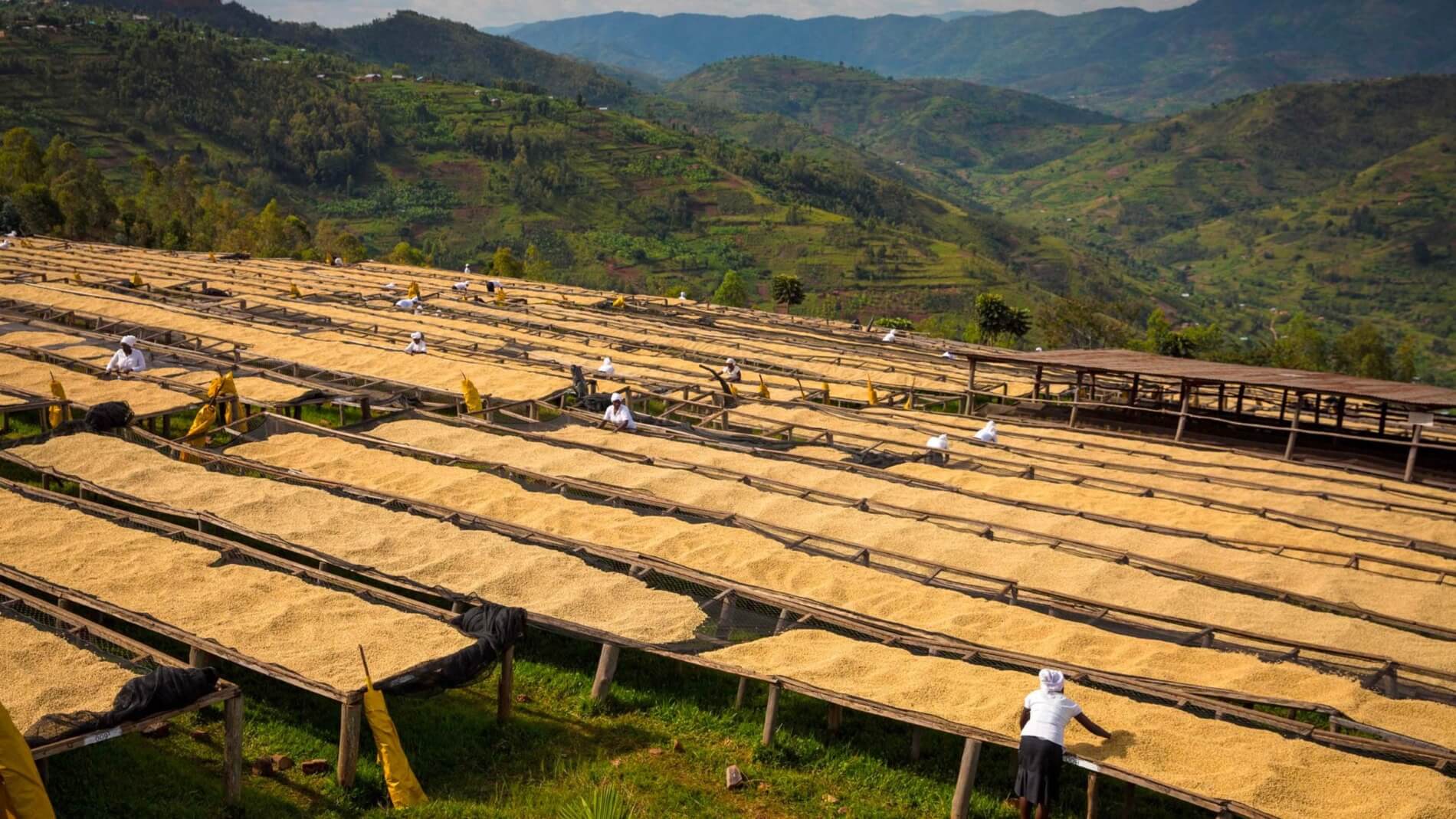
Creating Corporate Criteria
Recognizing their monstrous position and control in the coffee industry, Starbucks initiated a curriculum to ensure ethical sourcing practices. Their program, Coffee and Farmer Equity (C.A.F.E) Practices began in 2004 with the goal of protecting the well-being of coffee farmers and their communities. There are more than 200 indicators in the program that hold the corporation and their suppliers accountable to accurately report on every aspect of the sourcing process.
Starbucks is one of the first corporations in the coffee industry to set ethical sourcing standards. These policies are a progressive start to much needed revisions but there are still lots of changes to be made.
Impakter’s Evaluation
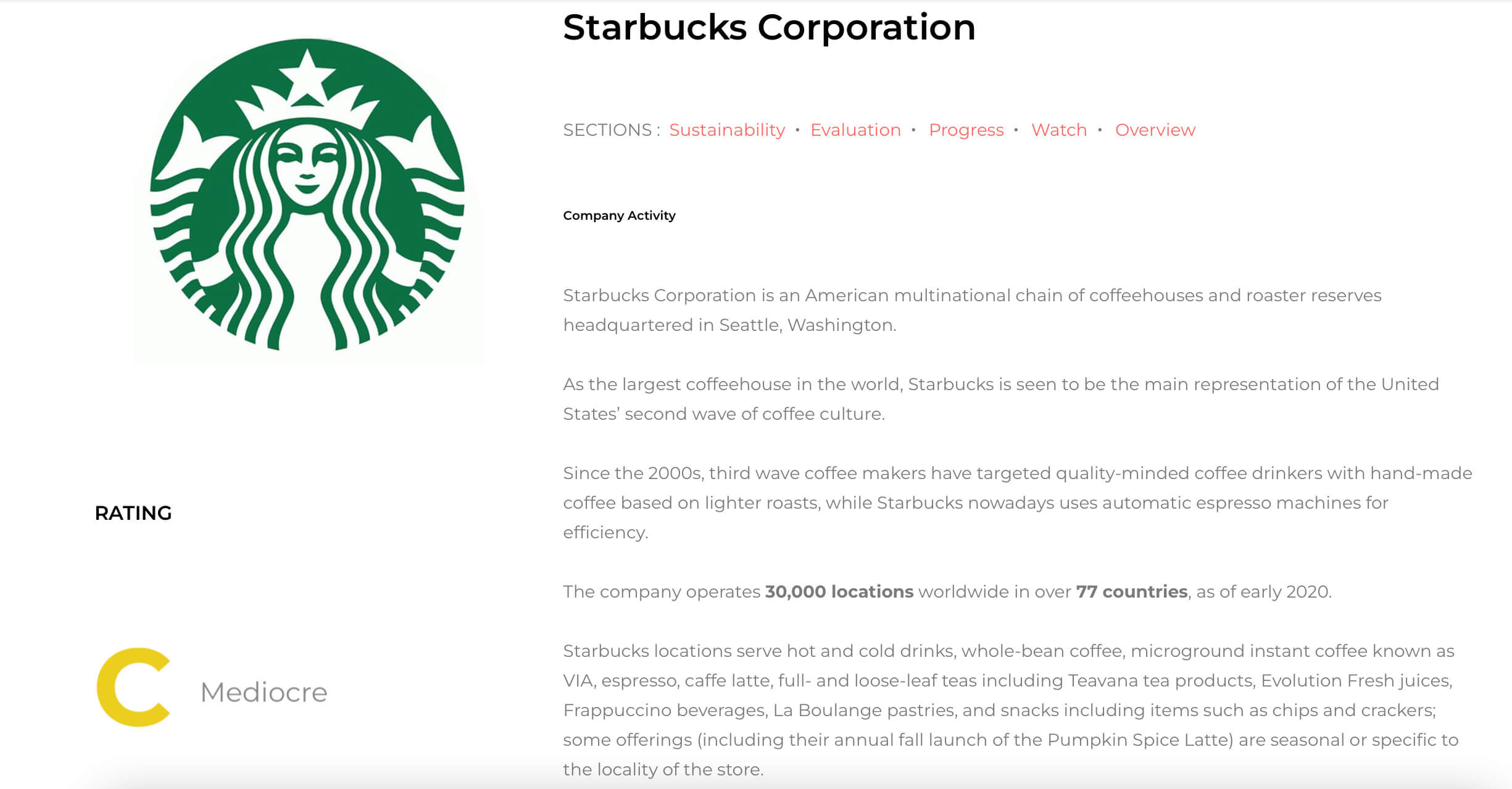
Our IMPAKTER SUSTAINABILITY INDEX assesses the Environmental Social Governance (ESG) policies and actions of global companies. Additionally, we verify claimed certifications. Each company is rated from A-F. Starbucks received a mediocre rating of C.
Starbucks has clearly invested effort and currency into its sustainability practices, but they have yet to receive any awards for their work. We believe this is because they have failed to reach some of their core goals involving waste production and recycling management.
Unmeasurable Waste & Inadequate Recycling
According to Clean Water Action, an organization supporting environmental protection, Starbucks uses more than 8,000 paper cups per minute. This totals to more than four billion cups per year and requires the harvesting of about 1.6 million trees.
Starbucks paper cups carry all hot coffees, teas, and espresso drinks. Unfortunately, the insides are lined with a polyethylene plastic coating which prevents the cups from being recyclable.
Statista measures Starbucks’ fourth quarter 2021 revenue to have reached $8.1 billion. We cannot definitively state the number of their plastic cups, disposable forks, or double layered wax paper bags that were added to landfills as a result of these sales. However, we can assume most of the waste produced by Starbucks customers is not recyclable and therefore, ends up being thrown away.
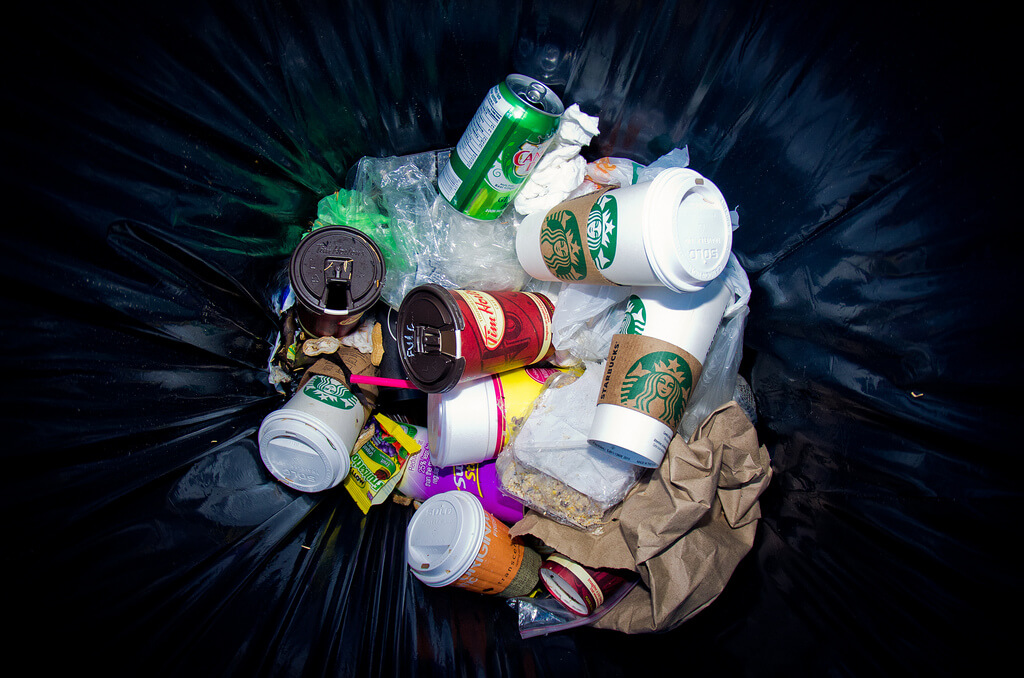
Although Starbucks pledged to create a fully recyclable cup in 2008, they’ve yet to follow through with this commitment. According to Mongabay News, in 2021, 83% of customers believed their paper cups could be recycled but unfortunately, this is not the truth.
The Customer’s Role
Each cup of coffee, each doppio espresso, each egg bite, or bacon gouda sandwich costs more than just what you pay for them. There is an expansive chain of events taking place before and after you consume any fast food product.
It only takes a small effort to make your next order a little less wasteful. You may consider bringing a personal, reusable cup instead of perpetuating Starbucks’ profound plastic problem. You could take your food to-go instead of eating in the café with their disposable utensils.
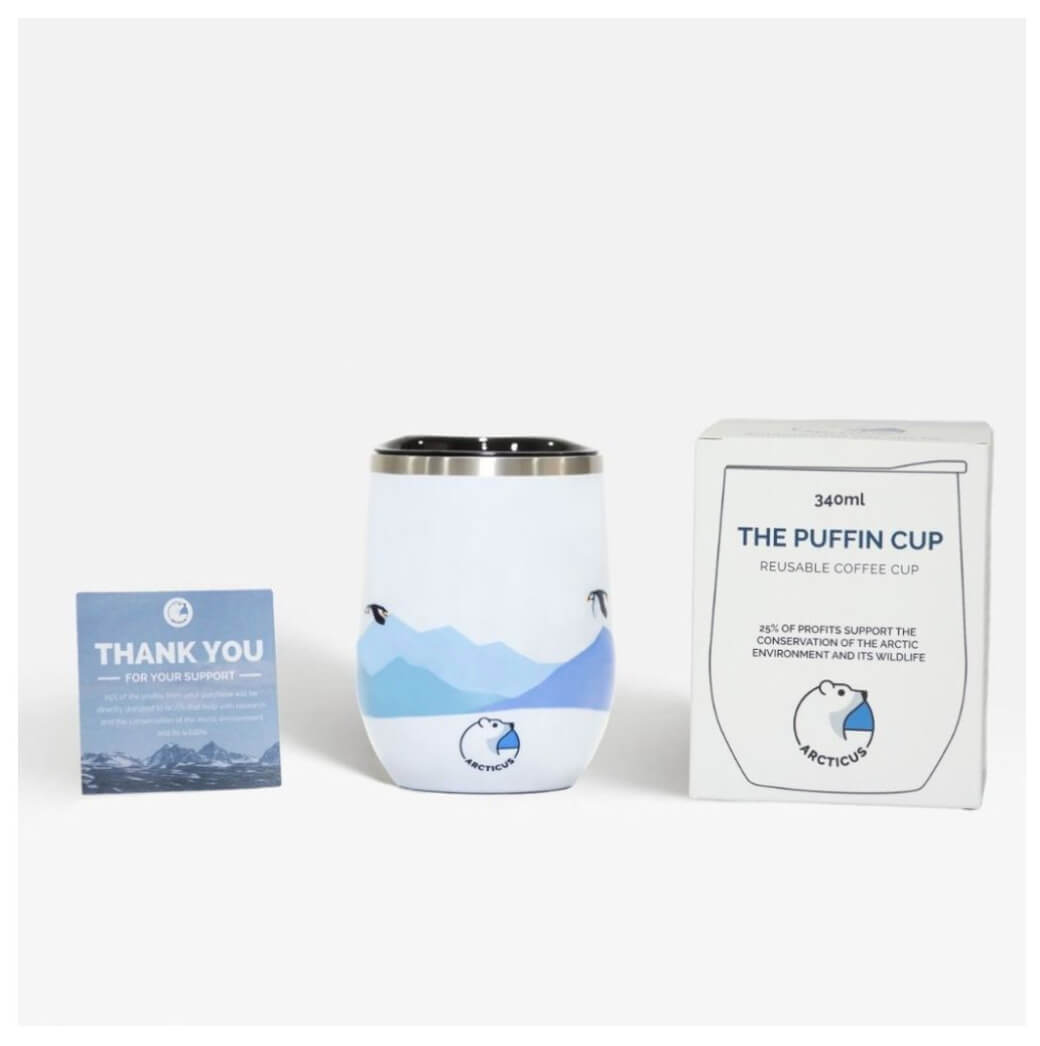
Our IMPAKTER ECO Marketplace features The Puffin Cone Cup, a reusable thermos cup that can keep your drink cold for six hours or hot for three. Articus, a sustainable brand founded in 2018, donates 25% of their profits to conversation programs in the Arctic that work to protect all endangered species including the Atlantic Puffin.
Optimally, you can choose to save plastic and your money by embracing your inner-barista and preparing your coffee at home.
Editor’s Note: The opinions expressed here by Impakter.com columnists are their own, not those of Impakter.com. — In the Featured Photo: Basket of coffee sourced beans from Starbucks.com. Featured Photo Credit: 672 × 378.


